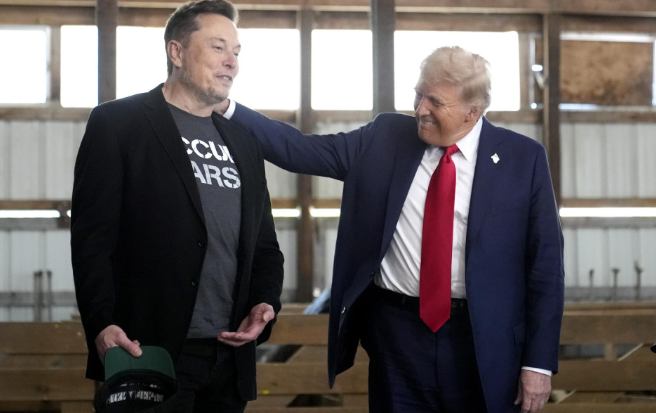[ad_1]
BELFAST (Reuters) – Northern Ireland’s two main political parties will resume talks this week to try to restore the province’s power-sharing government and avoid a return to direct rule from London.
Both sides admitted there was little time left before Britain’s government would have to step in, something neither wants.
Irish nationalists Sinn Fein and the Democratic Unionist Party (DUP) have failed to reach agreement on reforming the devolved administration since its collapse in January. Formal talks broke down in July.
Each has blamed the other for missing repeated deadlines.
Continued failure would force the British government to bypass the regional assembly and revert to direct rule from London for the first time in a decade, a move that could destabilise the political balance in the province.
“We do not believe there is a need to prolong these set of talks. We think we should be able to come a determination pretty quickly as to whether Sinn Fein want to go back into government again,” DUP leader Arlene Foster said on Monday.
Sinn Fein’s Northern Ireland leader Michelle O‘Neill reiterated that it needed a full implementation of earlier agreements between the parties — improved rights for Irish language speakers and the legalisation of same-sex marriage — before considering returning to the local executive.
Both leaders agreed that time was limited. Foster said the British government’s Northern Ireland minister would have to take action in October if there was no sign of a return of devolution and O‘Neill said there were two small windows in September and October to reach a deal.
Sinn Fein has said they would not stand for direct rule from London, while the DUP have said they believe local lawmakers are best placed to govern the region.
Britain’s Northern Ireland minister James Brokenshire also has the option of calling an election, the second this year, as a means to try and break the deadlock.
An added complication is that Britain’s minority Conservative government is being propped up by a support agreement with the DUP.
The British and Irish governments, who are facilitating the talks, have warned that failing to reach an agreement would have “profound and serious” implications and limit Northern Ireland’s influence in Brexit negotiations.
However no one predicts a return to the sectarian violence in which 3,600 died over three decades before a 1998 peace deal that mandated the compulsory coalition between pro-British protestants and nationalists who want Northern Ireland to join a united Ireland.
Reporting by Amanda Ferguson; Editing by Padraic Halpin/Jeremy Gaunt
[ad_2]
Source link






Leave a Reply